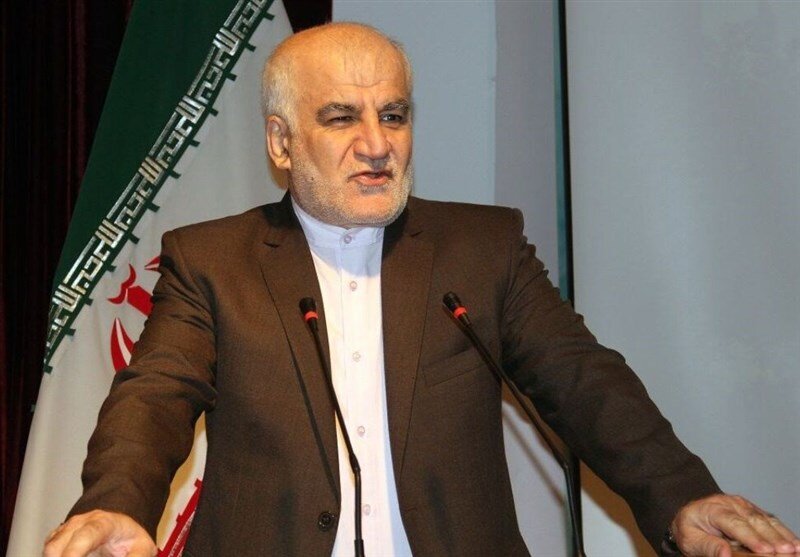Iranian ambassador calls for aerospace cooperation with China

TEHRAN – Iranian Ambassador to China Mohammad Keshavarz-Zadeh has highlighted the opportunities for cooperation with Beijing in the aerospace industry given the recent successful launch of a Chinese networking satellite that has broken monopoly of the U.S. government-owned Global Positioning System (GPS).
In a tweet on Monday, Keshavarz-Zadeh lauded China’s success in completing the Beidou-3 constellation by launching the final networking satellite.
“The launch of Beidou-3 satellite completed the global covering of the Chinese company’s positioning and navigation and marked an end to the monopoly of the U.S.’s GPS,” he said.
“There is great potential for aerospace cooperation with China,” the envoy said.
He added that talented Iranian students of aerospace technologies could work as a bridge between the two countries in this field.
In June, China launched the 58th and final networking satellite to find its way to the stars for the third phase of a satellite networking system.
The Chinese network is an alternative to existing GPS systems. China was reliant on the U.S. government-owned Global Positioning System (GPS), Russia’s GLONASS, or the European Union’s Galileo.
Earlier on Monday, China said that 28-nanometre chips that enable mobile devices to receive signals from the Beidou navigation system are in mass production and mass manufacturing of high-precision 22-nanometre positioning chips will soon kick-off.
China will build a complete industrial chain of chips, modules, boards, terminals, operation services for Beidou, Ran Chengqi, director-general of the China Satellite Navigation Office, said at a press conference.
In the past decade, the total output value of China’s satellite navigation and location services industry has been growing at an average annual rate of more than 20%, reaching 345 billion yuan ($49.47 billion) in 2019 and is expected to exceed 400 billion yuan in 2020, Ran said.
Beidou-related services such as smart port and land mapping have been exported to about 120 countries, including those in ASEAN, South Asia, Eastern Europe, West Asia, and Africa, Ran added.
MH/PA
